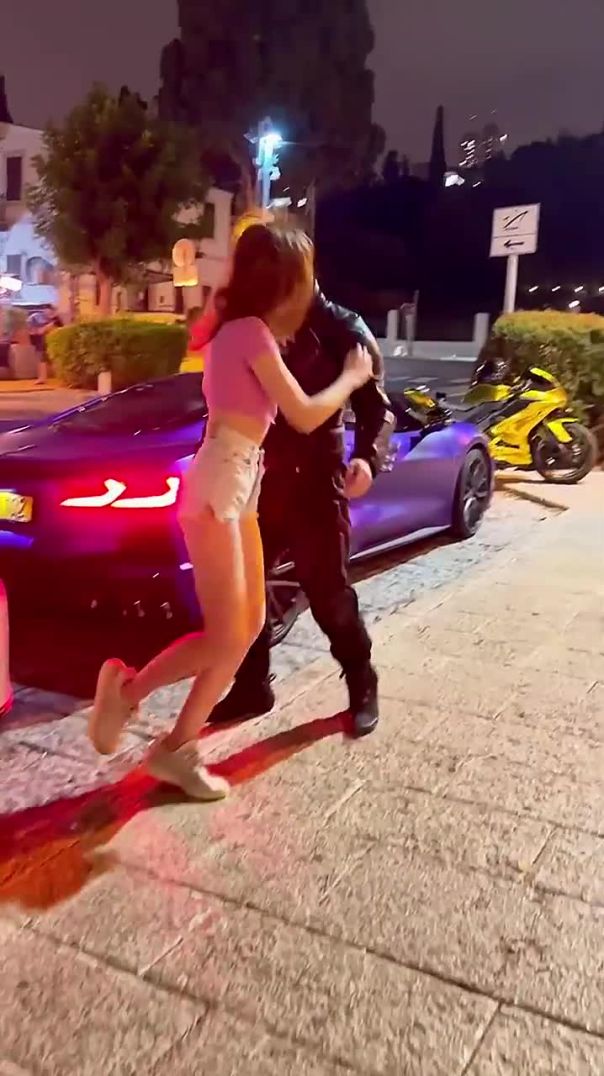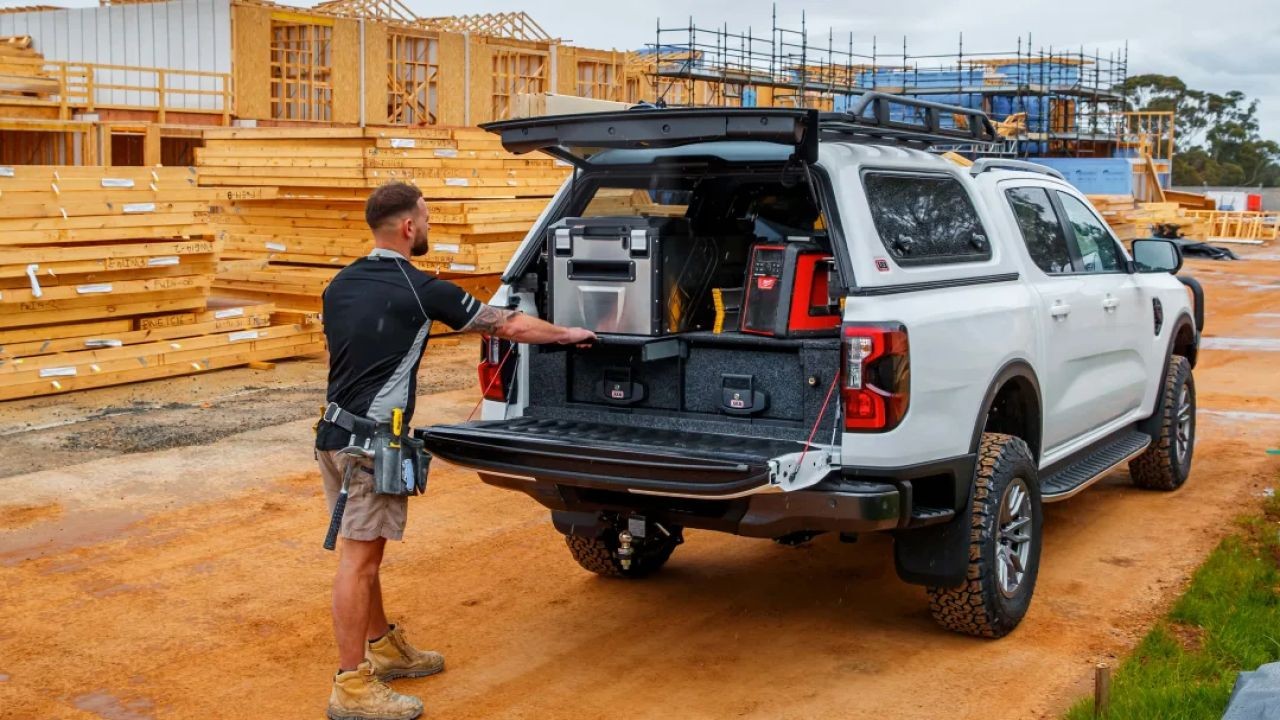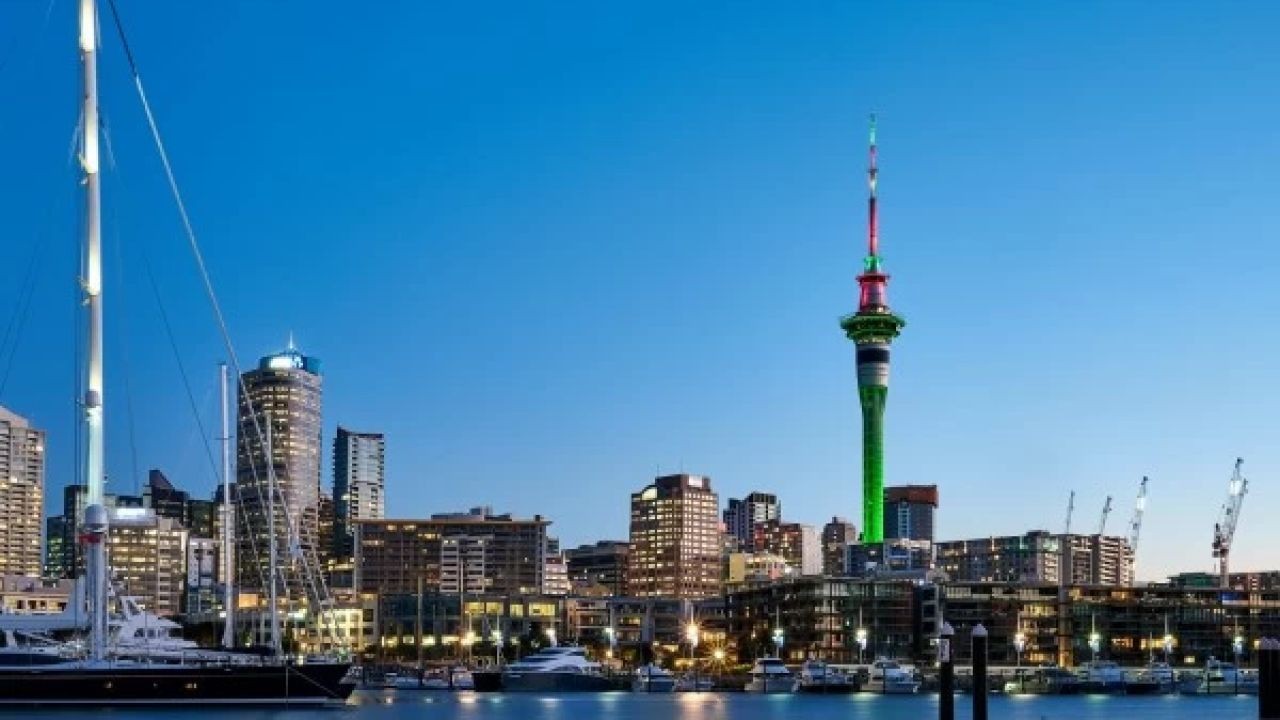Living in urban areas of New Zealand offers a surprising array of benefits that extend beyond the usual conveniences of city life. As cities like Auckland, Wellington, and Christchurch continue to grow, they are not just centers of economic activity but also hubs of innovation, culture, and sustainability. This article explores five surprising benefits that make urban living in New Zealand a desirable choice, backed by data, expert insights, and real-world examples.
The Vibrant Economy and Job Opportunities
New Zealand's urban centers are the economic powerhouses of the country, offering abundant job opportunities across various industries. According to Stats NZ, urban areas account for approximately 75% of the country's GDP, driven by sectors such as finance, technology, and creative industries. Cities like Auckland and Wellington are particularly notable for their dynamic start-up cultures and innovative tech hubs.
Case Study: Xero - A Kiwi Success Story
Problem: Xero, a New Zealand-based accounting software company, faced the challenge of expanding its reach in a highly competitive global market.
Action: The company leveraged its location in Wellington, tapping into the city's rich talent pool and tech-friendly ecosystem to innovate and improve its products.
Result: Xero now serves over 2.7 million subscribers worldwide and has significantly contributed to the local economy by creating numerous high-skilled jobs.
Takeaway: Urban centers in New Zealand offer fertile ground for businesses looking to innovate and expand.
Cultural Richness and Diversity
New Zealand's urban areas are melting pots of culture, offering a diverse range of experiences. Cities like Auckland are home to various cultural festivals, art galleries, and theaters that reflect the country's multicultural fabric. This cultural richness enhances the quality of life and offers residents a broader perspective.
Pros and Cons of Cultural Diversity
- Pros: Exposure to diverse cultures enriches personal and professional lives, fostering creativity and innovation.
- Cons: Managing cultural diversity can pose challenges, such as ensuring inclusivity and addressing cultural sensitivities.
Advanced Public Transportation
Urban centers in New Zealand boast advanced public transportation systems, which are not only convenient but also environmentally friendly. Wellington, for instance, has one of the highest public transport usage rates in the country, reducing reliance on private vehicles and contributing to lower carbon emissions.
Industry Insight: The Future of Urban Mobility
As cities continue to grow, the future of urban mobility in New Zealand is set to evolve with the integration of smart technologies. According to the Ministry of Transport's Future of Transport report, the adoption of electric buses and smart ticketing systems will further enhance the efficiency and sustainability of urban transport.
Eco-Friendly Living and Sustainability
New Zealand's urban areas are at the forefront of sustainable living initiatives. Cities like Christchurch are pioneers in green building practices and renewable energy usage. The city aims to be carbon-neutral by 2050, setting a precedent for other urban centers.
Common Myths & Mistakes
- Myth: "Urban living is unsustainable."
- Reality: Urban areas are leading sustainability efforts with innovative green technologies and policies.
- Myth: "Public transport is inconvenient."
- Reality: Cities like Wellington offer efficient public transport options, reducing the need for private vehicles.
Networking and Collaboration Opportunities
Urban areas offer unparalleled networking opportunities, essential for personal and professional growth. Events, workshops, and conferences held in cities facilitate collaboration and knowledge sharing. The presence of universities and research institutions further enhances these opportunities.
Future Trends & Predictions
Looking ahead, New Zealand's urban areas are set to become even more attractive for residents and businesses. The government's Urban Growth Agenda aims to improve housing affordability, infrastructure, and urban development, making cities more livable and economically vibrant.
Conclusion: Final Takeaway & Call to Action
New Zealand's urban areas offer a unique blend of economic opportunities, cultural richness, sustainability, and advanced infrastructure, making them ideal places to live. As these cities continue to evolve, they present exciting possibilities for residents and businesses alike. What are your thoughts on urban living in New Zealand? Share your insights below!
People Also Ask (FAQ)
- How does urban living impact businesses in New Zealand? Urban areas boost business growth by providing access to a skilled workforce and innovative ecosystems, leading to higher economic output.
- What are the biggest misconceptions about living in New Zealand's cities? A common myth is that urban living is unsustainable, but cities are leading efforts in green technology and sustainable practices.
- What are the best strategies for adapting to urban life? Experts recommend utilizing public transportation, engaging in community events, and exploring local cultural offerings to fully integrate into urban life.
- Who benefits the most from urban living in New Zealand? Young professionals, entrepreneurs, and families benefit from the economic opportunities, cultural diversity, and educational resources in urban areas.
Related Search Queries
- Benefits of living in Auckland
- Urban lifestyle in New Zealand
- Job opportunities in New Zealand cities
- New Zealand public transportation
- Sustainable living in urban New Zealand










































heenaverma
1 month ago